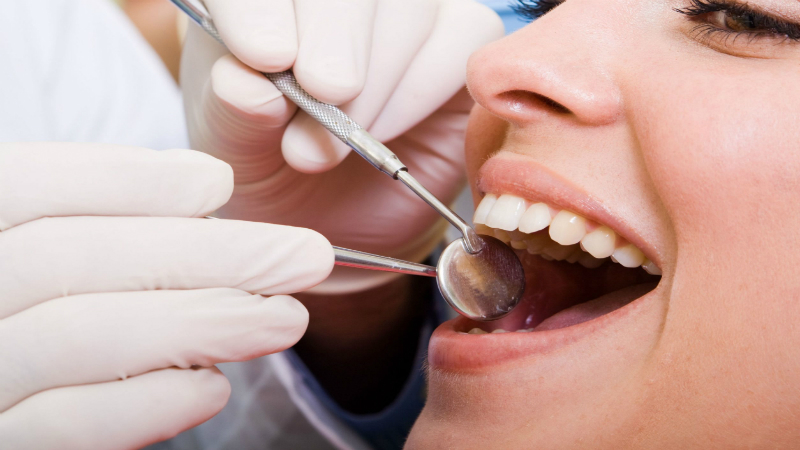When your dentist discusses TMJ he or she is referring to problems with the temporomandibular joint. The temporomandibular joint is where the jaws open and close; the lower jaw is connected by bones that are an integral part of the skull, the joint itself is protected with a soft padding material. Any problem involving the TMJ can be extremely painful, the pain can be short and sharp or it can be a dull ache that lasts indefinitely. TMJ treatment in Downers Grove is most often required when the sufferer is between 20 and 40 years of age and statistically, more women than men suffer from TMJ problems.
Signs and symptoms:
There are a number of signs that are indicative of TMJ:
- Pronounced tenderness in the jaw and neck
- Difficulty in opening the mouth wide and chewing
- Audible clicking in the joint
- Teeth that fail to come together properly while biting and eating
There is still debate on what actually causes TMJ probes, research continues in an effort to pin point the causes. There does seem to be one common agreement and that is that trauma to the jaw is an accepted cause while anxiety and stress may also contribute to the condition.
Treating the problem:
TMJ problems can be short lived in some sufferers while in others the condition can last for years; it can disappear just as quickly as it appeared in the first place. In the event the pain persists the common initial TMJ treatment in Downers Grove is to try to get relief by applying ice packs to the area, avoiding a big yawn, avoid chewing gum, stress reduction and the use of either prescription or OTC anti-inflammatory drugs.
In the event these conservative steps have no positive effect on the condition your dentist will usually take a more aggressive approach which may include orthodontics or surgery. With continued research into TMJ no doubt a more effective method of treating the problem is close at hand.


